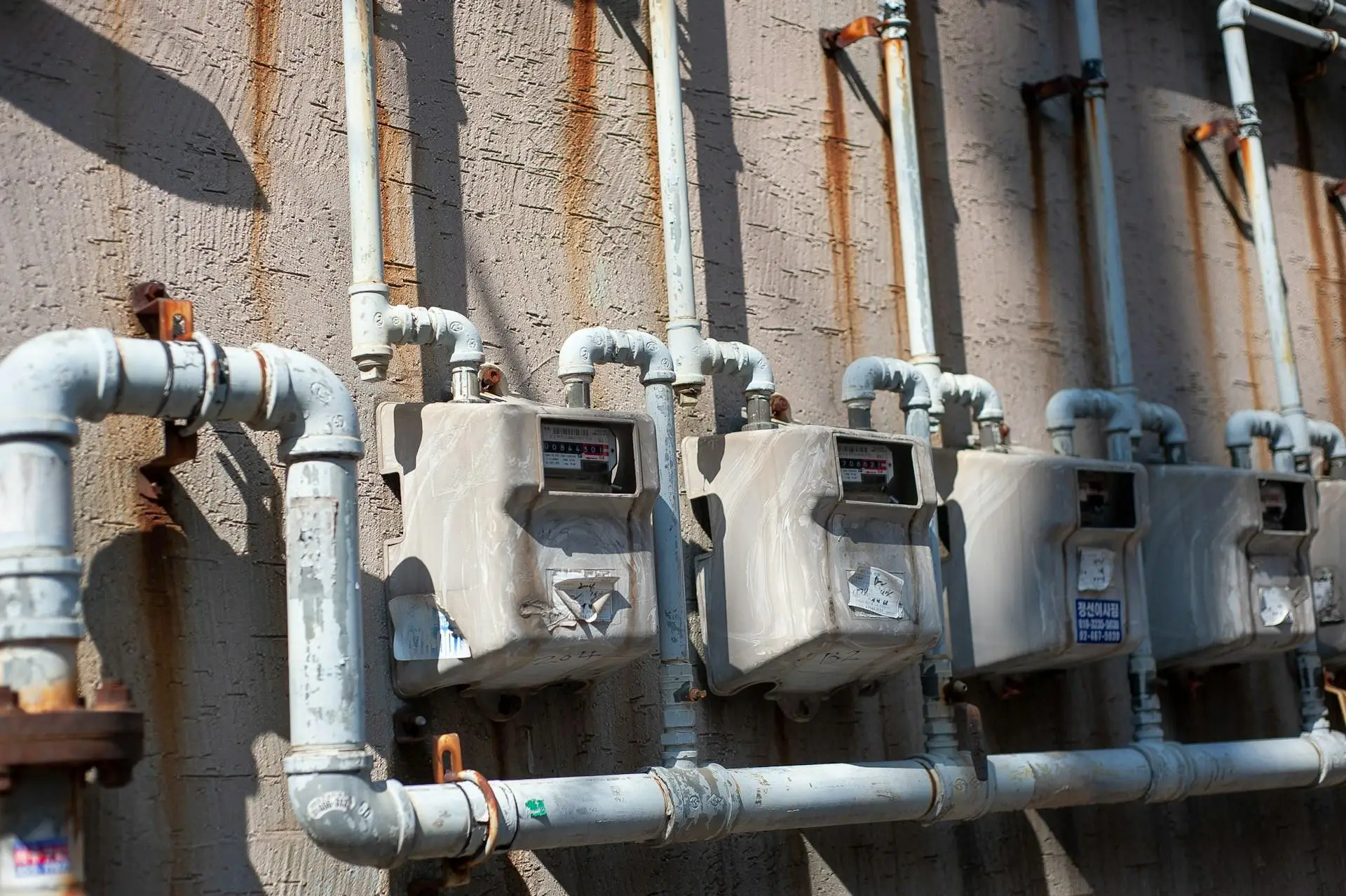Electrical Projects: Knowing When to Handle It Yourself or Seek Professional Services
Electrical work within domestic settings comprises a crucial aspect of home maintenance. Whether it's a flickering light bulb or a complete rewiring, understanding the scope of electrical tasks is essential. Differentiating between what one can safely do oneself and what should be left to the professionals is a vital skill. This discernment not only ensures safety but also compliance with legal standards, making it clear that in many situations, professional services are invaluable.
Understanding the Basics of Electrical Work
A. Definition of Electrical Work
Electrical work refers to any tasks that involve the installation, maintenance, or repair of electrical systems. This can vary widely in complexity, from simple tasks like changing a light bulb to intricate projects such as rewiring a home.
B. Common Types of Electrical Projects
-
Minor Repairs: Tasks like replacing light fixtures or switches can often be classified as minor repairs. These jobs typically involve basic tools and a few straightforward steps.
-
Major Installations: Projects that require significant expertise, such as circuit breaker panel installations or complete rewiring, fall under major installations. These tasks often require professional oversight.
-
Safety Systems: Installing smoke detectors or surge protectors are critical for safety and demand a level of knowledge that may exceed that of the average homeowner.
Assessing Your DIY Skills
A. Evaluating Your Own Expertise
Before diving into electrical work, it is crucial to self-assess skills and experience:
-
Previous Experience: Consider the types of projects previously tackled. Familiarity can lend confidence, but it is essential to recognize one's limits.
-
Familiarity with Tools: Understanding how to safely use tools such as multimeters or wire strippers is crucial. A lack of comfort with electrical tools may indicate that a project should be left to professionals.
B. Importance of Understanding Local Electrical Codes
Each locality has specific electrical codes that must be adhered to during electrical work. Knowledge of these codes is critical for safety and legal compliance, making them a key area for potential DIY enthusiasts to research thoroughly.
C. Risks Associated with Electrical Work
-
Personal Safety Risks: The danger of electric shock or injury is ever-present in electrical work. Understanding these risks is vital before proceeding.
-
Property Damage Potential: Improper work can lead to disastrous consequences, including fires or further electrical failures, reinforcing the need for caution.
When to Undertake DIY Electrical Work
A. Simple Tasks Suitable for DIY
Certain electrical tasks can be safely performed by homeowners:
-
Replacing Light Bulbs and Fixtures: A straightforward task that usually requires minimal tools and knowledge.
-
Installing Wall Switches or Outlets: With a basic understanding, this can often be done properly and safely.
-
Resetting Circuit Breakers: This is typically a no-risk, simple operation when access is maintained to the circuit box.
B. Tools and Resources Needed
-
Essential Tools for Basic Work: A good toolkit may include screwdrivers, pliers, a multimeter, and wire strippers, which can facilitate many minor tasks without calling in an expert.
-
Educational Resources: Online tutorials and local workshops can provide valuable guidance for those new to electrical work.
C. Benefits of Handling Minor Tasks Yourself
-
Cost Savings: Tackling small jobs can reduce bills that would otherwise be paid to professionals.
-
Satisfaction of Completing a Project: Successfully completing a task can build confidence and motivation for further projects.
When to Engage Professional Services
A. Complex Electrical Projects That Require Expertise
Certain tasks should always be left to the experts:
-
Rewiring Homes: This is an extensive job that can easily go awry without knowledge and training.
-
Installing or Upgrading Electrical Panels: Due to the complexities and risks involved, professional knowledge is essential.
-
Adding New Circuits or Dedicated Lines: This type of work requires a deep understanding of electrical loads and safety protocols.
B. Safety Risks That Necessitate Professional Intervention
-
Signs of Faulty Wiring: Indicators such as burning smells or flickering lights are serious red flags where immediate professional help is warranted.
-
Lack of Experience with High-Voltage Equipment: Many homeowners should not attempt to work with high-voltage systems unless adequately trained.
C. Legal Considerations and Code Compliance
-
Importance of Obtaining Permits: Many electrical projects require permits; professionals are often familiar with this process.
-
Consequences of Improperly Performed Electrical Work: Failing to adhere to codes can lead to safety violations and liabilities.
Choosing the Right Professional Services
A. How to Find Qualified Electricians
Finding the right expert is more than just a quick search:
-
Recommendations and Reviews: Personal referrals and online reviews can provide insight into the reliability and quality of service.
-
Checking Credentials and Licenses: Verifying certifications ensures that the electrician is qualified to perform the work.
B. Questions to Ask Potential Electricians
Before hiring, inquire about key details:
-
Experience with Specific Types of Work: Topics such as historical properties or specific systems can be essential depending on the project.
-
Warranty and Insurance Coverage: Understanding what warranty coverage is provided and verifying their insurance can prevent future disputes.
C. Understanding Costs Associated with Professional Services
-
Hourly Rates vs. Flat Fees: Gaining clarity on the pricing structures can assist in budgeting for projects.
-
Potential for Unexpected Costs: It is wise to ask how additional costs may arise and how transparency will be handled.
Making the right choices when it comes to electrical work involves a blend of personal assessment and professional guidance. Recognizing the capabilities of one's own skills versus the need for professional services is paramount for safety and compliance. Each individual's comfort level and expertise should guide their decisions, allowing them to skillfully navigate the balance between taking on minor tasks and deferring to the professionals for more complex projects. Ultimately, attention to safety and a willingness to seek expert help when needed will not only protect personal well-being but also enhance the overall integrity of a home’s electrical system.










